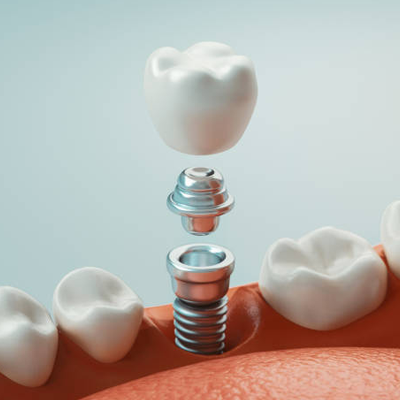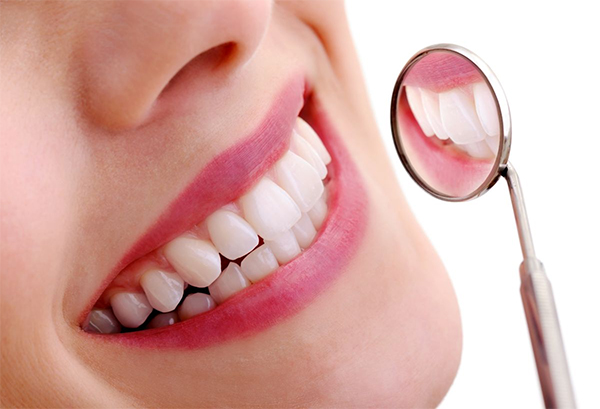
Dental sealants are a great way to keep your teeth healthy and strong. Not only do they protect from cavities, but they also prevent stains, yellowing, and discoloration. This blog will discuss the benefits of dental sealants, how to apply them at home, and the various types available.
Dental sealants are an effective way to protect your teeth from cavities, staining, yellowing, and other damage. They are a thin plastic coating that is applied to the chewing surfaces of the back teeth – premolars and molars. The process of applying sealants is quick and painless, making them an ideal choice for both children and adults.
What Are the Benefits of Dental Sealants?
Dental sealants offer a variety of benefits, including:
• Prevention of cavities – Sealants form an effective barrier against decay-causing bacteria. This helps to prevent cavities and other dental problems.
• Reduced staining – Sealants keep food and drink particles from settling into the pits and grooves of your teeth, reducing the risk of staining.
• Easier cleaning – With sealants in place, it is much easier to brush away plaque and another residue.
• Long-lasting protection – Dental sealants can last for several years with proper care.
How to Apply Dental Sealants
Applying dental sealants is a quick and painless process. Your dentist will first clean and dry your teeth, before applying the sealant – in liquid form – directly onto the enamel of your premolars and molars. The sealant will then harden, creating a barrier against bacteria and other debris.
What to Expect During Treatment
During the application process, your dentist may apply a mild sedative or painkiller in order to make you more comfortable. In most cases, no drilling is required – however, if decay or damage is present, your dentist may need to remove this first.
Aftercare
After the sealants have been applied, you should avoid eating or drinking anything for a few hours. This will ensure that the sealant has had time to dry and harden correctly. You should also continue with your regular brushing and flossing routine.
Types of Dental Sealants
There are three main types of sealant available on the market today, each with its own unique benefits. These include:
• Resin-Based Sealants – This type of sealant is made from a mixture of acrylic and plastic polymers, which form a protective layer on the enamel of your teeth.
• Glass Ionomer Sealants – These are composed of calcium and fluoride, which help to prevent cavities by releasing minerals into the teeth.
Disadvantages of Glass Ionomer Sealants
The main disadvantage of glass ionomer sealants is that they are not as durable as resin-based sealants. This means that they will need to be replaced more frequently.
Advantages of Resin-Based Sealants
Resin-based sealants are much more durable than glass ionomer sealants, making them a better choice for long-term protection. They are also more resistant to staining, which means they will look better for longer.
When Should I Get Dental Sealants?
Dental sealants can be applied at any age, although children and teenagers are more likely to benefit from their protective benefits. If you are considering getting sealants, speak to your dentist about the best time for you to do so.
DIY Dental Sealants
It is possible to apply dental sealants yourself, at home. However, it is highly recommended that you visit a professional dentist for this process, as they will be able to ensure that the sealant has been applied correctly and accurately.
Conclusion
Dental sealants are a quick, easy, and painless way to protect your teeth against cavities and other dental problems. They can be applied at any age, although children and teenagers tend to benefit the most from their protective benefits. Speak to your dentist today about whether or not dental sealants are right for you.
1. What types of dental sealants are available?
There are three main types of dental sealants available on the market today: resin-based, glass ionomer, and composite resin. Speak to your dentist about which type is best for your needs.
2. Who should use dental sealants?
Dental sealants can be applied at any age, although children and teenagers are more likely to benefit from their protective benefits. Speak to your dentist about when the best time for you to get dental sealants.
3. How long do dental sealants last?
With proper care, dental sealants can last for several years. However, it is important to note that they may need to be replaced sooner if there is a lot of wear and tear on your teeth.








